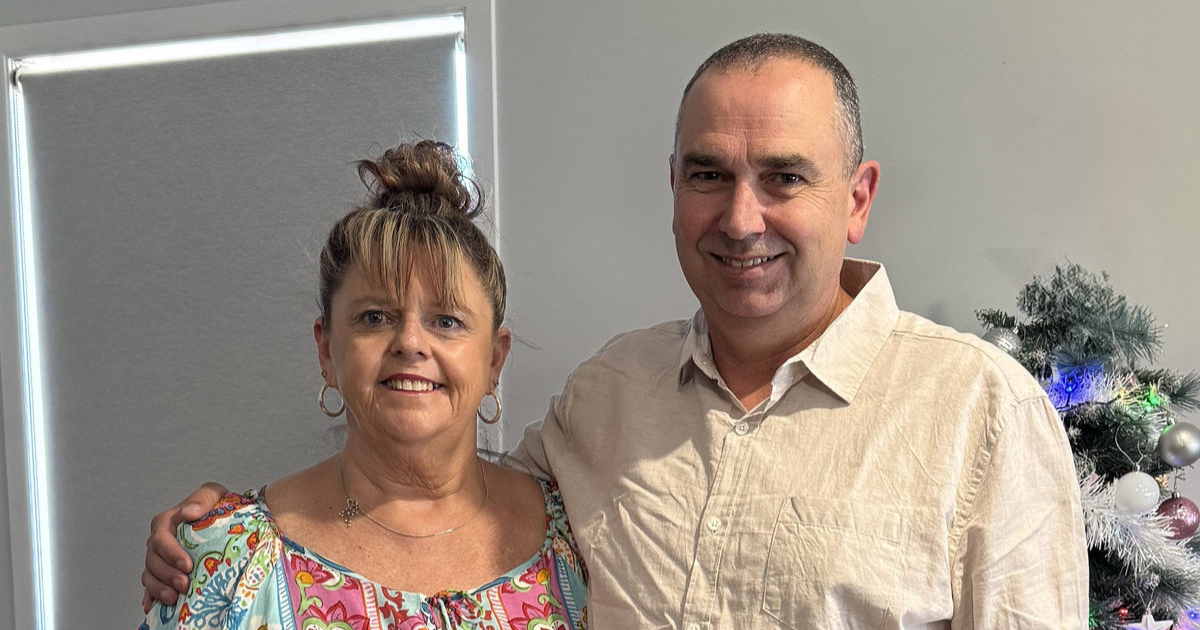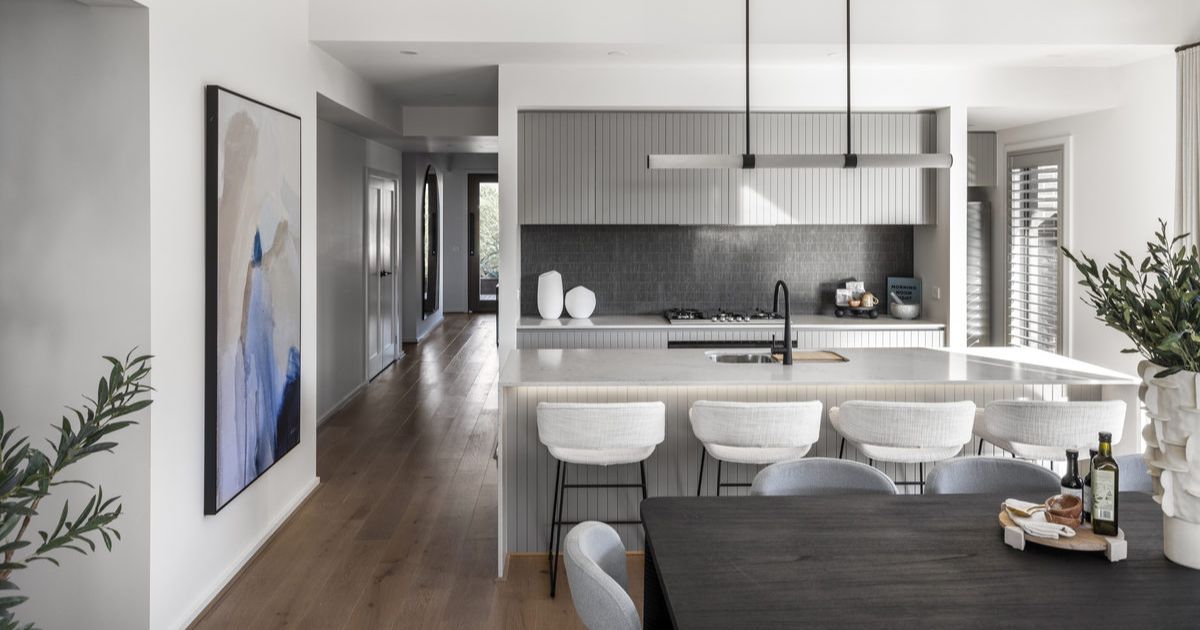Call for energy rules, not cheap loans, for landlords

Solar panels are worthy of budget support, the Master Electricians Australia CEO has said. Photo: DAVID MARIUZ/ AAP IMAGE
Cheap loans schemes for double-glazing or battery-ready solar but making negative gearing conditional on upgrades has been suggested as more effective for landlords.
Research shows up front costs are not the largest barrier to rental property investments in solar, and it may be the same for energy upgrades, energy expert Bjorn Sturmberg has said.
Some property investors do not believe spending money on new energy sources and appliances will get them higher rents and that’s the biggest barrier, Dr Sturmberg said.
This suggests the Federal budget’s offer of low-cost finance for energy upgrades is not the right incentive if the Government wants to help renters.
The budget included $1 billion to create a Household Energy Upgrades Fund, with Australia’s green bank to work with lenders to roll out cheap loans to consumers.
But Dr Sturmberg said making negative gearing tax concessions for property investors conditional on minimum energy efficiency performance of rental properties could be more powerful.
Banks should also make finance conditional making rental properties energy efficient and fully electric, he said.
Also, educating property managers about solar and energy efficiency could boost energy knowledge and influence the choices of consumers and residential property investors.
Some lobby groups representing electricians have urged the Federal government to look to the future when setting the loan criteria for what’s covered.
Master Electricians Australia CEO Malcolm Richards said while solar panels and high-efficiency electric hot water systems were worthy of support, new technologies would potentially provide greater benefits to households and the electricity grid.
He urged support for households to invest in electric car charging points that are bi-directional, which means they draw electricity from their car batteries at peak times and charge them when demand for electricity is lower – and cheaper.
Many parts of Australia already produce more solar power than can be used, so it makes sense to plug in the “batteries on wheels”.
Within the next decade, most Australians homes are expected to have at least one electric vehicle.
– BY MARION RAE/ AAP


















